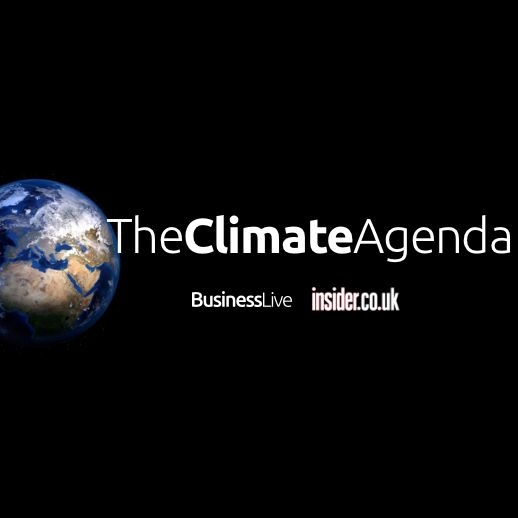Drax secures £400m pellet supply deal to serve Europe and Japan
Drax has agreed a buy-out of major long-term biomass supply contracts worth almost £400 million.
The company’s Canadian subsidiary, Pinnacle Renewable Energy Inc, is to acquire long-term pellet sales held by Pacific BioEnergy – bringing in 2.8 million tonnes of orders.
Both are based in British Columbia.
Read more: Humber has ‘never had such a compelling narrative securing unprecedented levels of investment’
It will serve third party power stations in Japan and Europe, complementing existing supply contracts already held by Drax.
Revenues are valued at £398 million over the term, running from 2022 with a 300,000-tonne commitment, into the mid-2030s.
To serve the strong growth markets an office is planned in the Far East, with business development teams in Tokyo and London to emerge next year.
It will take Drax’s long-term third party sales book to 15 per cent – 23 million tonnes – bringing in revenues of £3.4 billion.
Have you seen our new climate agenda newsletter?

Launched to coincide with the hosting of COP26, our Climate Agenda newsletter is putting the environment, sustainability and ethics at the centre of our coverage.
You can sign up here by clicking the Climate Agenda box. It’s free and easy to subscribe.
In return, every Wednesday morning you’ll get the latest developments in green industries and real world examples of the everyday changes businesses are making.
Will Gardiner, Drax Group chief executive, said: “This deal supports Drax’s ambition to double our sales of sustainable biomass by 2030 to markets in Asia and Europe where demand for biomass is increasing as countries transition away from coal.
“It also demonstrates Drax’s commitment to the growth of sustainable biomass in Japan specifically, where we expect to establish a new office in 2022.
“We look forward to working with our partners in Japan and other markets across Asia and Europe as part of our aim to be a global leader in sustainable biomass, making an even greater contribution to the world’s efforts to reach net zero.”
Annualised sales of four million tonnes are targeted by 2030.